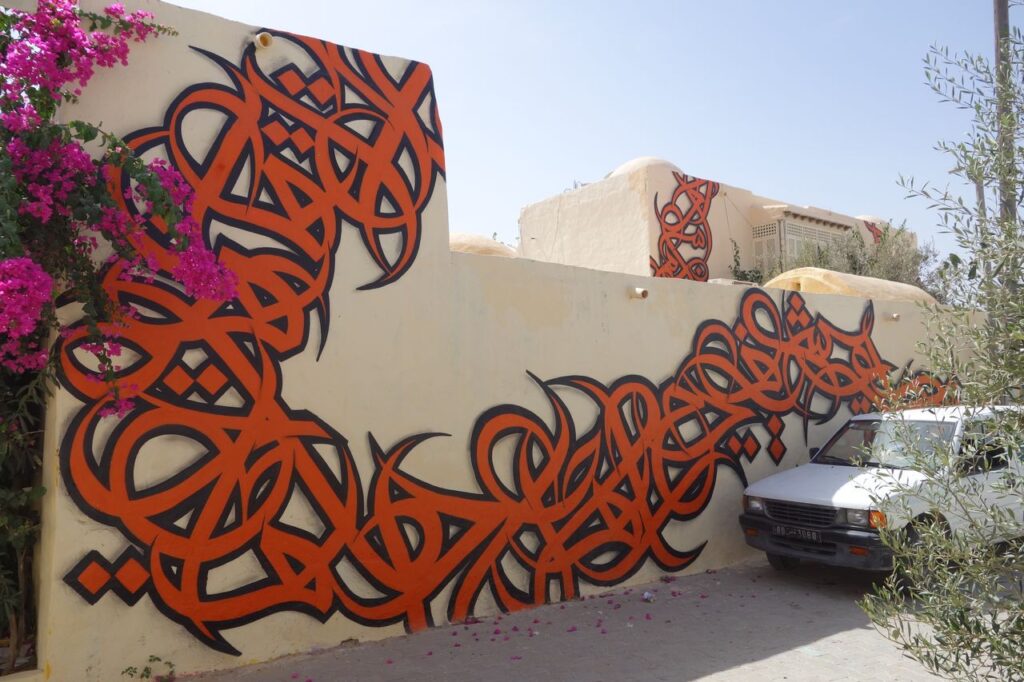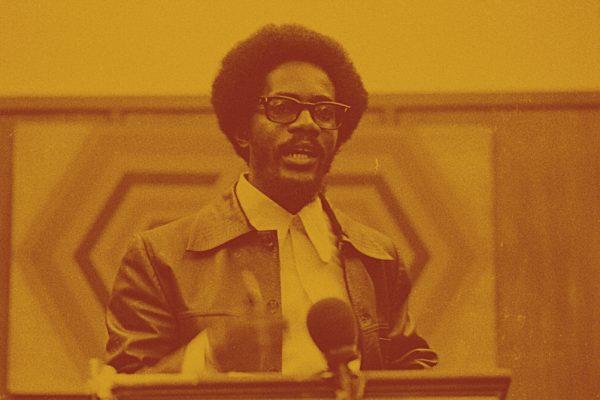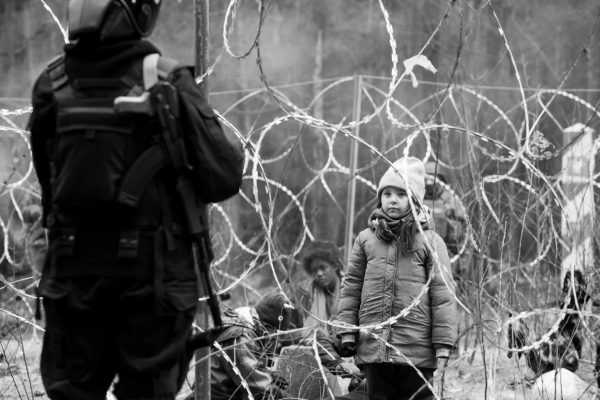The EgyptAir flight from Cairo to Tunis seems to transport me between seasons.
In Egypt, where unseated dictator Hosni Mubarak entered a courtroom just as my plane took off on August 3, the swirling winds of revolution show no signs of settling. But as I step into a soupy Ramadan afternoon in Tunis, the people seem relaxed, contented, and reflective. There the tumult of the Arab Spring has given way to a serene Arab Summer.
In January Tunisia’s police state fell with the departure of President Zine El Abidine Ben Ali after 23 years of rule. In its place is now a loose transitional government featuring “popular committees” tasked with reforming the main structures of authority before elections can be held in October. Tunisians seem cautiously optimistic about the process, which has already delivered the trial and sentencing—in absentia—of Bin Ali, and a wave of political reforms, even though the elections have already been postponed once because of lackluster voter registration. The economy remains stuck, but Tunisians I meet seem satisfied to sit back and—with an air of confident solidarity that seems well-earned, if sometimes a little smug—watch copycat revolutions emerge around the region.
Foreigners walking the well-paved avenues of Tunis, Carthage, Bizerte, and the other municipalities of northern Tunisia are treated to an idyllic view of revolution. Little appears out of place, save the barbed wire and armored vehicles that still lie interspersed among the trees along Tunis’s Parisian marquis thoroughfare, Avenue Habib Bourguiba. Exultant graffiti speaks of renewal from the white walls of the Old City, with slogans such as “How much more beautiful is Tunis without Bin Ali Baba and his forty thieves” or “Freedom is a way of life.” In the metropolitan North, all seems well.
And it is, mostly. But there is a lot of healing still to be done. A taxi driver tells me in a disgusted tone of the excesses of the regime, which he witnessed while looting one of the Bin Ali family’s palaces in the picturesque suburb of Sidi Bou Said. Over post-fast drinks, an aspiring airline pilot whispers of the dangers of turning the country over to Islamists, whom many beard-fearing secularists claim are the chief beneficiaries of democratization in Tunisia. In the Great Mosque of the fabled desert city of Kairouan, some of those Islamists debate with me the prospect of an Islamic Tunisia, asserting calmly that destiny has chosen their country as the site of a beautiful awakening of spirituality unseen in North Africa for centuries. Their jalabiyas are a bit dirty at the edges, hinting that the jousting over the future of Tunisia may have socioeconomic, rather than purely religious, roots.
On the train from Tunis to Hammamat—a popular tourist destination that saw thousands of bleary-eyed vacationers flee in confusion back to Manchester, Krakow, and other European cities during the winter unrest—a man helps me decipher the fine print on the return schedule. “It’s Ramadan, so there are no trains between 3:25 and 11:58 pm,” he says in mixed Arabic and French, a Tunisian trademark.
I thank him, but he continues: “You know,” he tells me, “I am a policeman. I was on duty during the revolution.”
My curiosity piqued, I ask him what it was like (“very hard work, we were on call 24 hours a day”) and how he feels about the revolution (“I am happy that it succeeded, like all Tunisians”). He must notice my puzzled face, and adds: “You know, I am an employee. The bosses did what they want, but as an employee, no one can tell me I did anything wrong.”
I turn my head back to the window, not wanting to probe any further. For now, it may be more useful to honor the serenity of the post-revolutionary moment than to disrupt the calm with uncomfortable questions. Outside the train, turquoise waves lap at the margins of the vineyards of Cap Bon, the mountainous peninsula that encloses the Gulf of Tunis. The summer winds, for now, are still.








